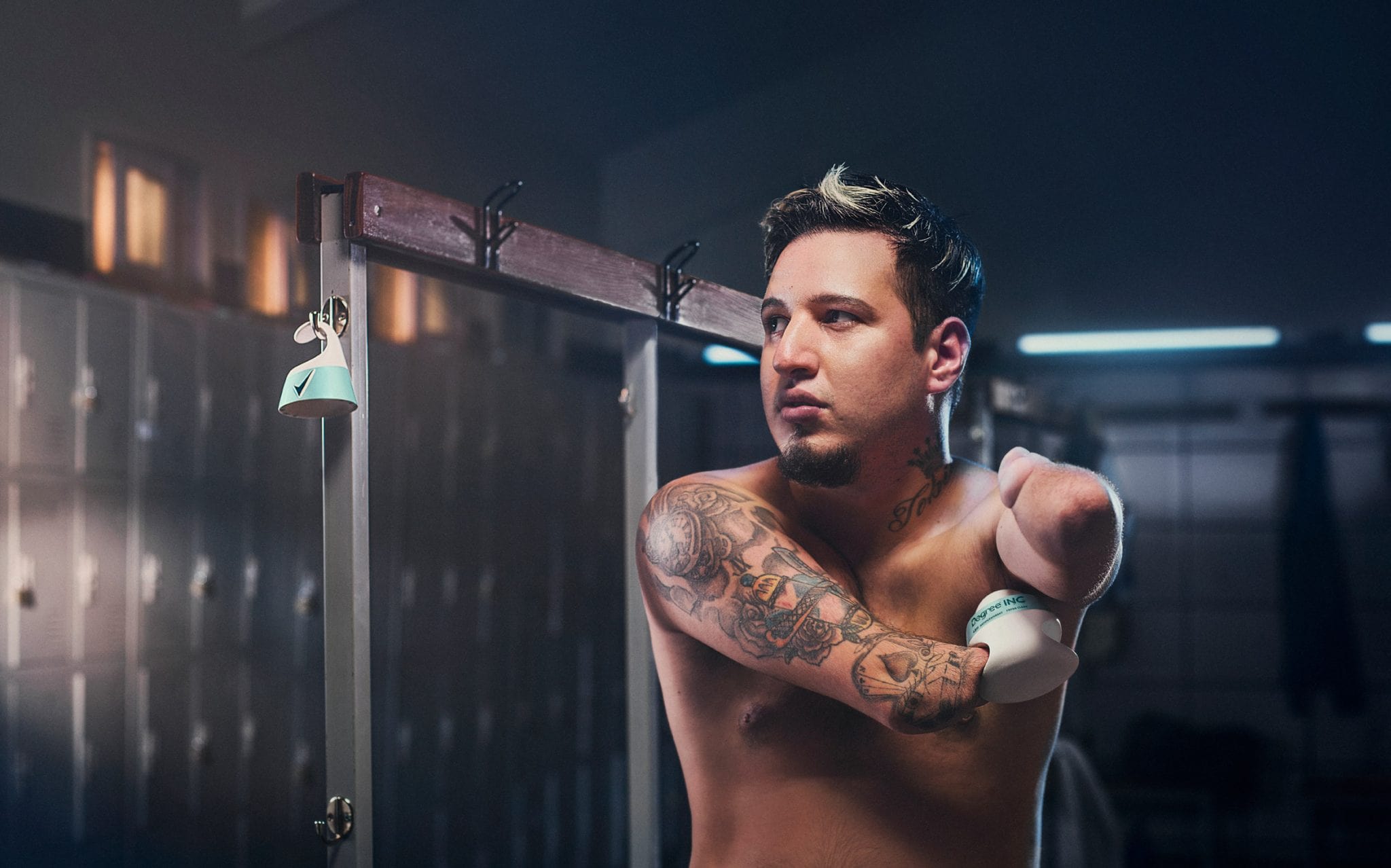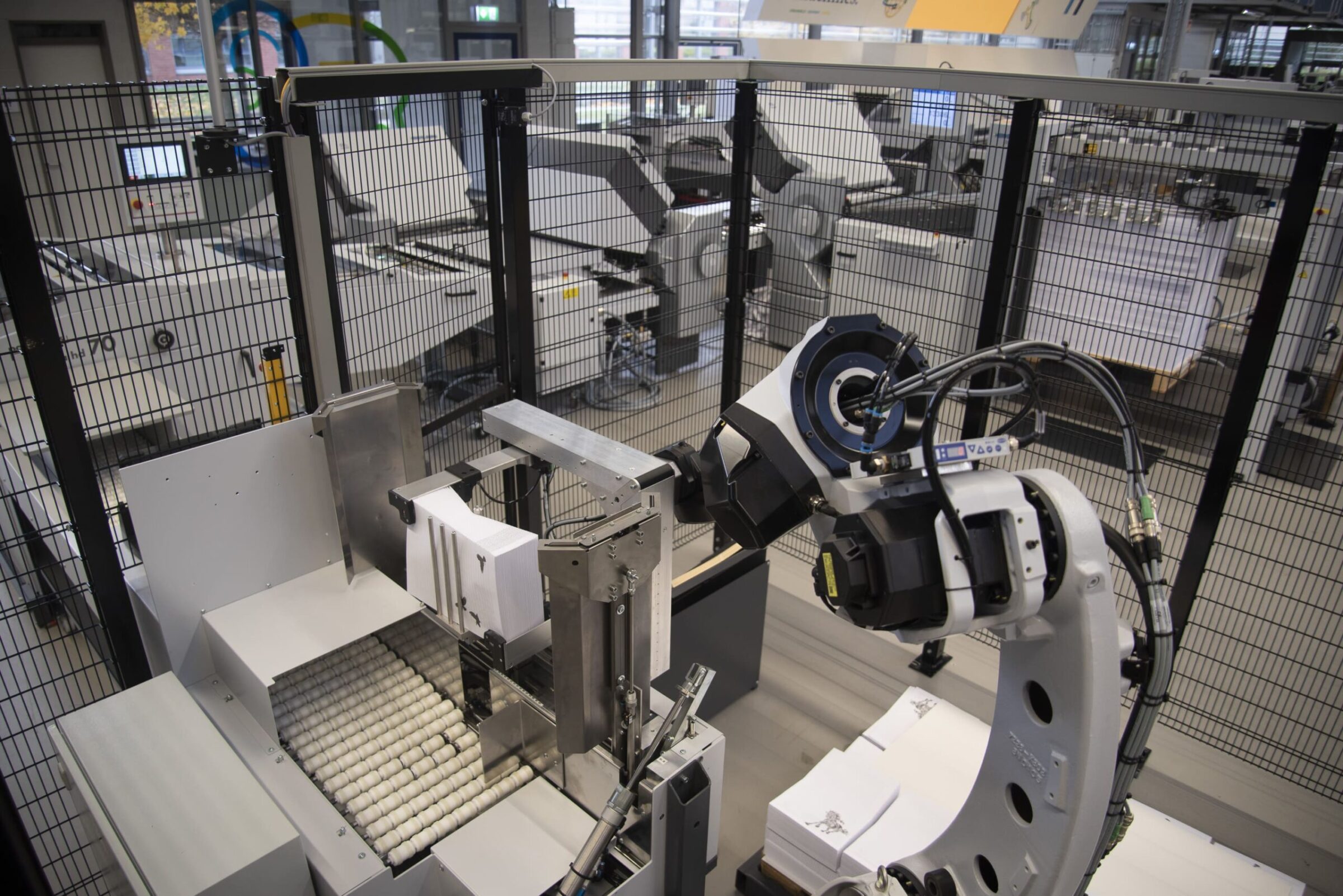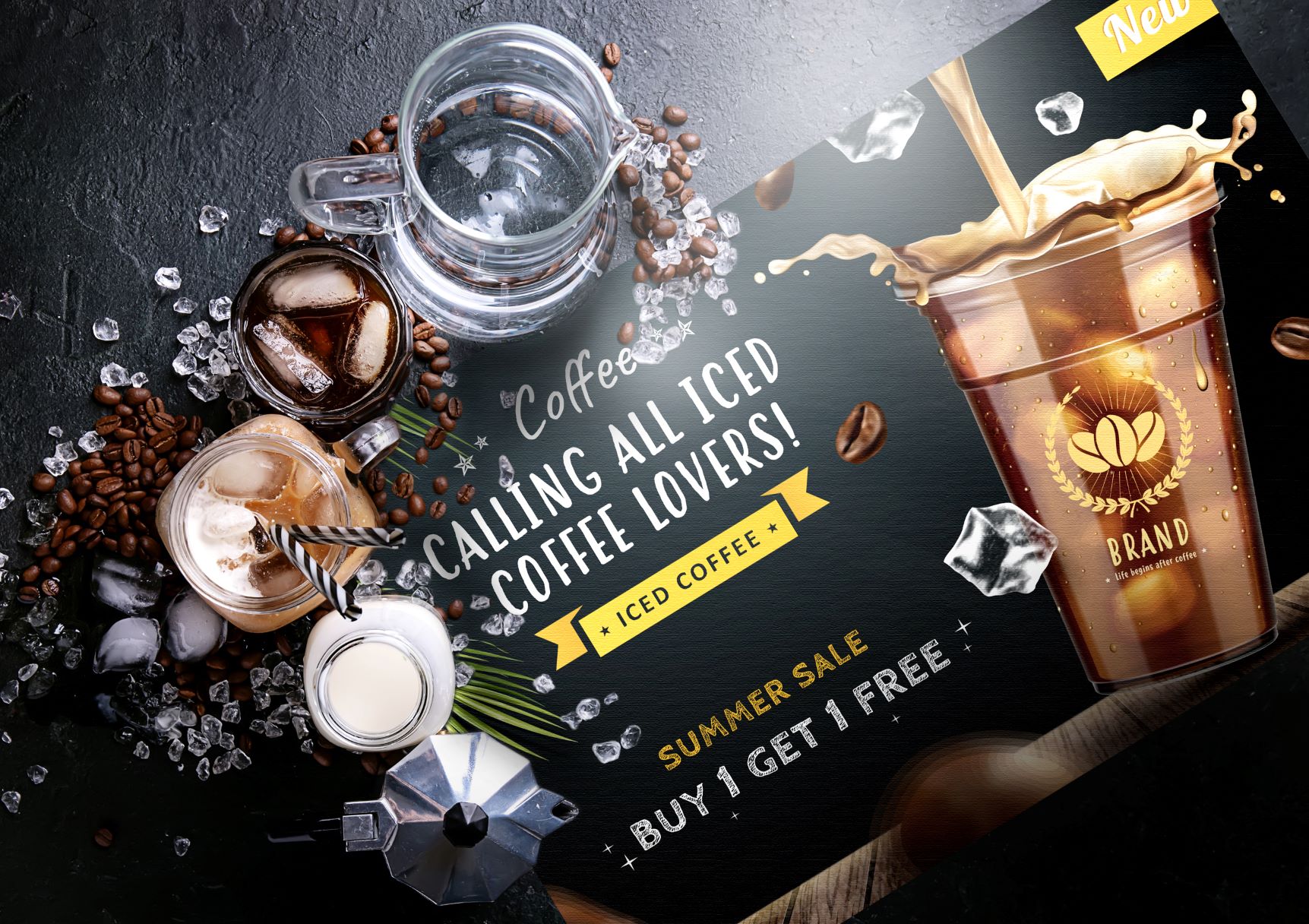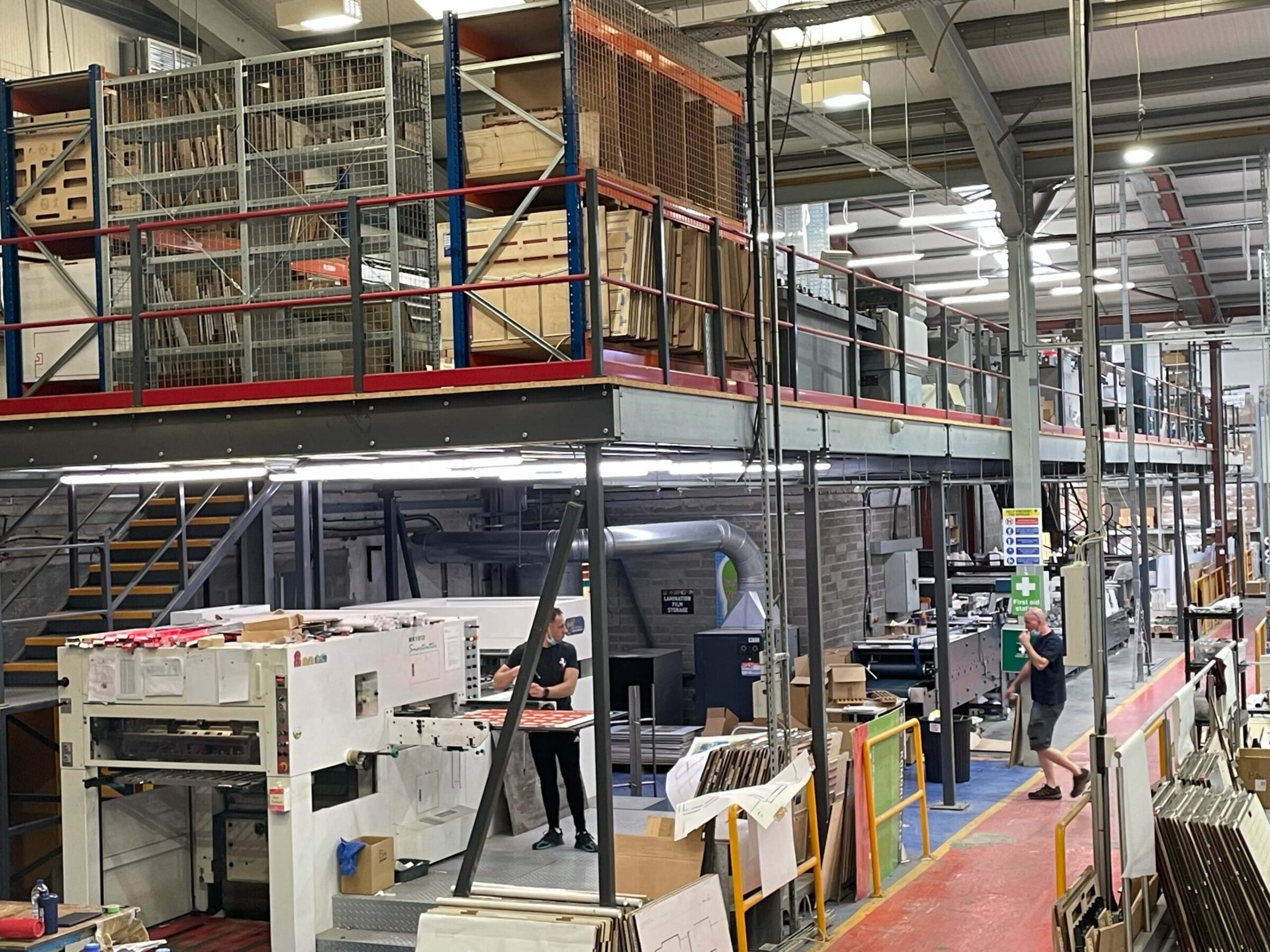As we marvel at the athletes in the upcoming Paralympics, Two Sides takes a look at the latest packaging innovations designed for the disabled
Anyone who’s ever wrestled with a piece of packaging that seems to have been designed to be as difficult to open as possible should consider that no matter how tough the task, it’s a lot tougher if you’re disabled. From the simplest cardboard box to the most complex multilayered system, packaging is often designed around the product rather than the person, which can make life a lot more challenging for those with a disability.
But companies and brands are starting to realise that packaging should be designed for everyone, regardless of disability, and that good packaging can also serve as a vehicle for inclusion, personalisation and social connection. “With accessible packaging, you want to give the customer options and design as many routes as possible,” said Kevin Marshall, Creative Director of Design at Microsoft. “Users should interact with the product on their own terms.”
Boxes For The Blind
Navigating a supermarket and finding the right products can be a huge challenge for those with sight loss, so Kellogg’s has added a scannable code to its cereal boxes to make them more accessible. The ‘Navilens’ code allows those with a smartphone to scan their environment and access relevant information, with users able to locate the codes from up to 3m away. So in a food store, someone with sight loss can walk up and down an aisle and quickly locate an item, as well as receive spoken information on ingredients and allergy warnings.
Easy-Open Packaging
Packaging can be a real challenge for the disabled, with many unable to open the increasingly secure boxes required for delivery and protection. Fortunately, some companies have started to recognise this problem, including Microsoft, who recently designed the packaging for its Xbox Adaptive Controller to be intuitive and easy to open, while providing an enjoyable unboxing experience. The packaging has no plastic wrapping or twist ties and features a number of mechanisms such as loops that can be pulled with one hand causing it to pop open, hinges and a slide-out controller tray.
Inclusive Deodorant
Launched earlier this year, Degree Deodorant launched ‘Degree Inclusive’, a new product that featured packaging specifically designed for people with an upper limb disability. For those with limited hand and arm movement, taking caps off tubes and bottles is at best difficult, at worst impossible, but ‘Degree Inclusive’ makes the process a lot easier. Equipped with a hook to make the deodorant stick easier to pull down, the packaging also includes magnetic closure, improved grips and a large applicator so the deodorant can be applied in just one swipe.
Autism-Friendly Treats
For autistic children, going to school can present a unique set of challenges – having to deal with new places, new situations, new routines and new people. But packaging can provide a sense of comfort for those on the spectrum who respond positively to tactile stimuli.
Designed for its Rice Krispies bars, Kellogg’s Love Notes are heart-shaped stickers made from textured material such as fleece, satin, velour and fake fur that can be attached to treats by parents and carers to bond with their child during the day. Notes can also be written in the centre of the stickers to provide even more reassurance.
Two Sides promotes the responsible use of Print and Paper which, when sourced from certified or sustainably managed forests, is a powerful and natural communications medium
www.twosides.info







